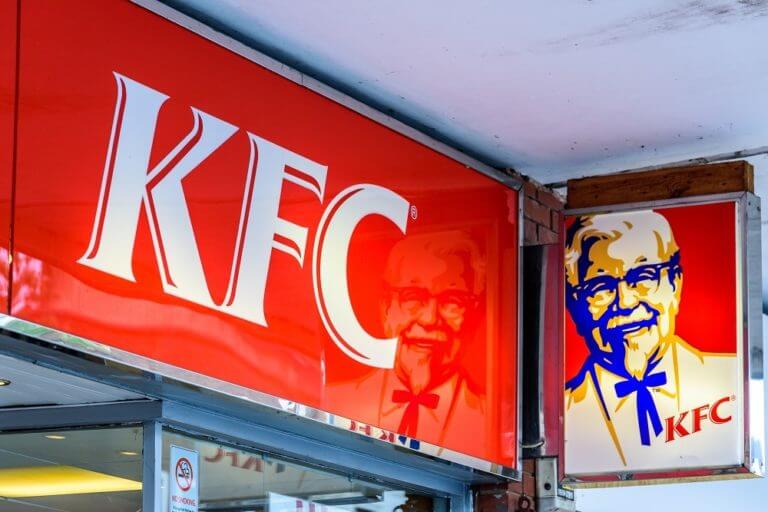Around 20th February 2018, fast-food chain KFC closed nearly 650 of its outlets in the UK after its new logistics partner failed to deliver the chicken its stores needed.Behind the ’chicken chaos’ headlines are some serious lessons for procurement executives, regardless of the industry or the region in which they work.
What happened?
On 13 February, KFC switched its chicken delivery contracts from specialist food distribution group Bidvest to a three-way partnership with DHL and former software provider Quick Service Logistics (QSL). In the days following the changeover, according to reports, DHL deliveries were either too slow or incomplete. This resulted in stores closing due to a shortage of chicken. On Monday 19 February, 575 of its 900 outlets were shut, by Tuesday this figure had increased to 646.
KFC cited “teething problems” after bringing “a new delivery partner onboard”, while DHL itself blamed “operational issues”.
What we have learned:
Fail to prepare, prepare to fail
KFC awarded the contract for DHL to manage the supply and distribution of its food products and packaging for its UK outlets in November 2017. This included the management of physical warehouses and distribution services.
Mick Rix, national officer at UK trade union the GMB, told the BBC that DHL was trying to run the whole operation out of one distribution centre.
Frank Proud, founder of consultancy firm Apex Insight and a transport and logistics specialist, told the Financial Times, “The riskiest time is always the start of the contract, but usually they put in enough planning on both sides so that when it finally does go live, it has been planned to death. Something has clearly gone wrong but it is difficult to say what.”
Any switch in provider – particularly when changing a strategic supplier – requires careful planning to ensure the transition is seamless.
Don’t go on price alone
The GMB’s Mick Rix has said that KFC was warned it could face poor service and distribution if it switched to DHL as a cost-cutting measure.
“Bidvest are specialists – a food distribution firm with years of experience. DHL are scratching around for any work they can get and undercut them,” he said.
While cost is, of course, an important factor in the selection of any supplier, specialist expertise and experience of a market are also essential. So, too, is who the supplier you will be working with.
“[This] is the first time that DHL is partnering with QSL, who has been providing IT solutions on demand planning and stock management to KFC since 2011. Therefore the alignment between QSL services and DHL physical distribution is also crucial,” Virginia Spiegler, a senior lecturer in operations and supply chain management at the Kent Business School at the University of Kent.
While many suppliers have partnerships with other providers, it is a relationship that needs studying before any change is made.
Have a backup plan
Supply disruptions happen. Sometimes they are avoidable, sometimes they are not. Having a plan to deal with that disruption is essential. Whether that be another supplier that can fill any gaps or emergency stock, contingency plans help mitigate risk.
The University of Kent’s Spiegler emphasised the importance of keeping a firm grip on logistics operations, in particular.
“In the past few years, many companies have taken steps to streamline supply chain processes by reducing holding inventory, outsourcing noncore activities and cutting the number of suppliers on the assumption that the market is relatively stable and predictable,” she said, speaking to the Grocer.
While those KFC stores have begun to reopen, the business has suffered financial and reputational damage. Procurement teams would be wise to remember these lessons.

